10 Ways to Prevent Damage to Your Rental Units
 Monthly rent isn’t the only thing you want from your rental property. In all likelihood, you’re watching for your property to appreciate in value as well.
Monthly rent isn’t the only thing you want from your rental property. In all likelihood, you’re watching for your property to appreciate in value as well.
That will become a losing battle if persistent damage keeps you constantly pumping money into the property.
Here are some ways you can avoid the financial sting of damage to your rental units:
1. Before a tenant takes possession, make sure the property is in top condition. You’re teaching by example — showing the tenant what the property is supposed to look like when it’s well cared for. If the property is suffering from nagging little problems, the tenant is going to be more lax when in comes to cleaning and maintaining it. Don’t set the bar so low.
2. Record the property condition when the tenant moves in, with the tenant present. Go over the details with them, and have them sign a move-in form that notes the property condition. Drive home the point with a video or photos. The tenant will get the message: if the property is damaged after today, they’ll have to pay!
3. Give the tenant every reason to believe that, if they take care of the property, they will get every penny of their security deposit back. Your reputation with deposits may come into play as tenants talk to one another — former and current. The real value of the security deposit is not covering anticipated losses; the value is in creating the incentive for the tenant to care for the property.
4. Inspect the property periodically. These inspections are more than just checking up on the tenant. Ask about repair needs, and check out major systems on a regular basis. Often, if a problem is caught early on, the damage will be isolated, or avoided.
5. Jump on repair requests. Sometimes the repair is the tenant’s fault. But intimidating tenants will only discourage them from reporting problems. After a repair request has been answered, call up the tenant and ask if the repair was successful. Thank them for bringing the problem to your attention. In the short-term, repair complaints are a headache. But in the long-term, they save money and keep the property in good condition.
6. Even the best tenants eventually will wear out the unit. As you update your property, spend some time looking at the latest finishes, appliances and flooring. Some improvements are so drastic — so much more resilient — that it may be worth the money to switch them out. Rental homes need finishes that can take a significant level of wear and tear.
7. Water causes billions of dollars of damage each year. Even landlords in modern buildings are seeing damage from the use of new materials that aren’t holding up as well as anticipated. Much of that damage comes from the inside through faulty plumbing. Those leaks can spawn mold and other costly repairs, so it pays to inspect regularly.
Tenants are a common cause of water damage, from an unattended washing machine or dishwasher to over-watering plants.
8. Pay attention to utility spikes. Whether you pay the utilities, or your tenant complains about a sudden increase, take it seriously — that’s a warning sign that something may be spilling out. It can also signal a drug manufacturing operation — and that’s one of most costly repair jobs you will ever encounter.
9. Watch the weather. Storms cause significant property damage, and lately we’ve been seeing some monsters. Once the surge is over, check for roof damage, clogged gutters, and poor drainage that may leak into the foundation.
10. Encourage tenants to carry renters insurance. The main benefit: they won’t ask you to reimburse them for damage. The indirect benefit is making tenants aware of just how much they stand to lose if they are careless and cause damage to the property.
American Apartment Owners Association offers discounts on products and services for all your property management needs. Find out more at www.joinaaoa.org.

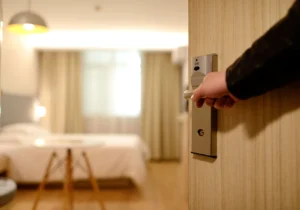

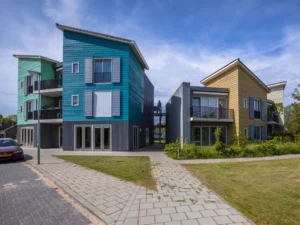
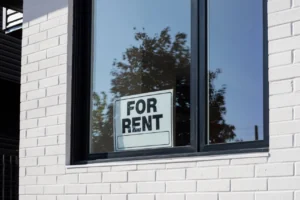
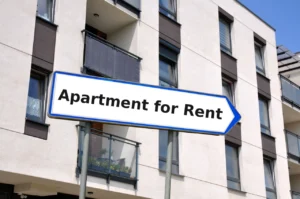

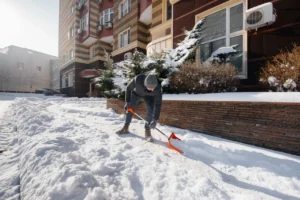
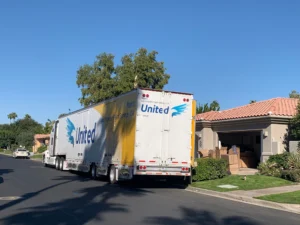




 Accessibility
Accessibility